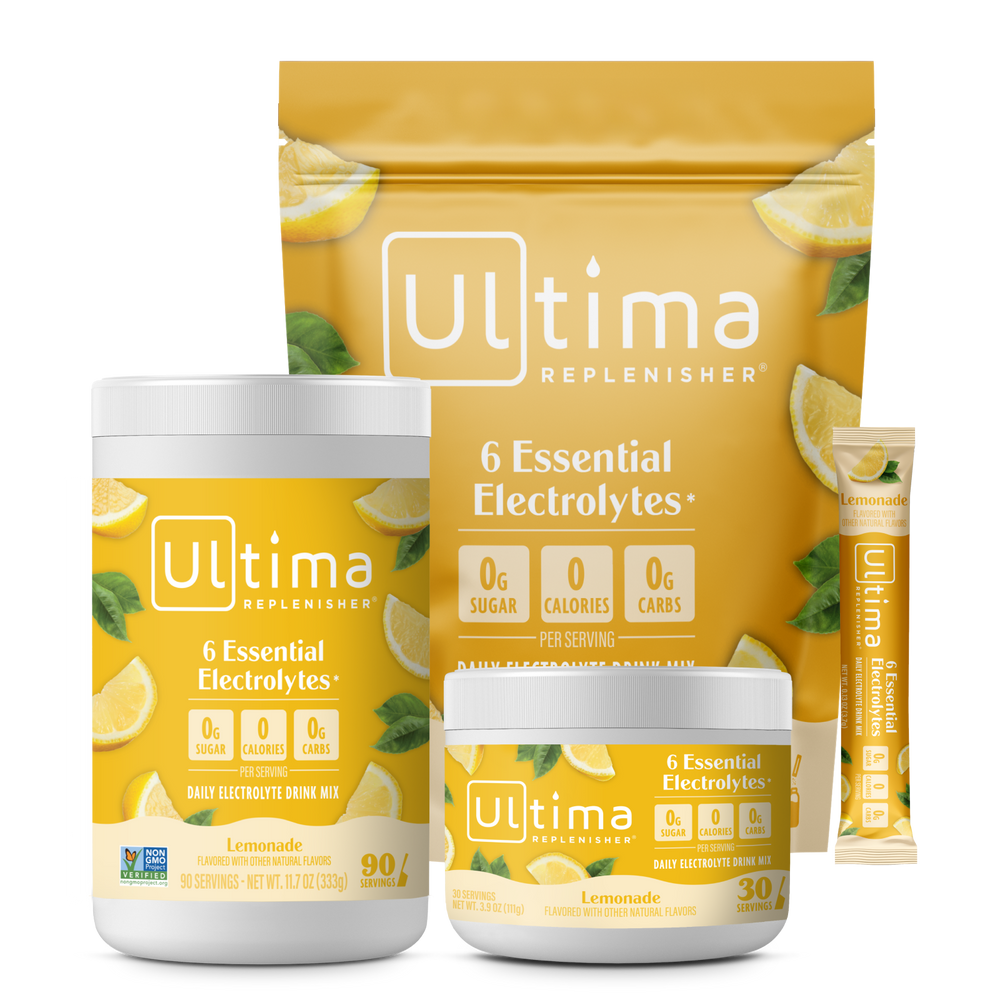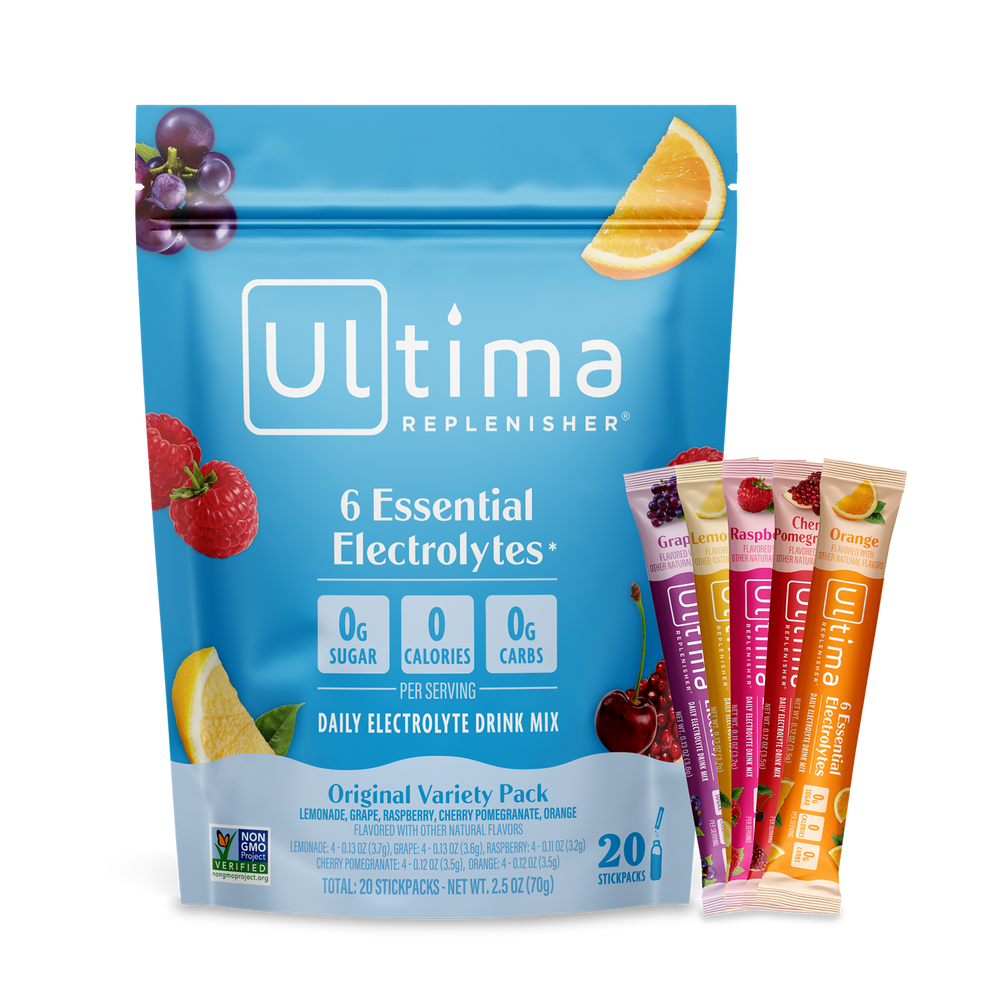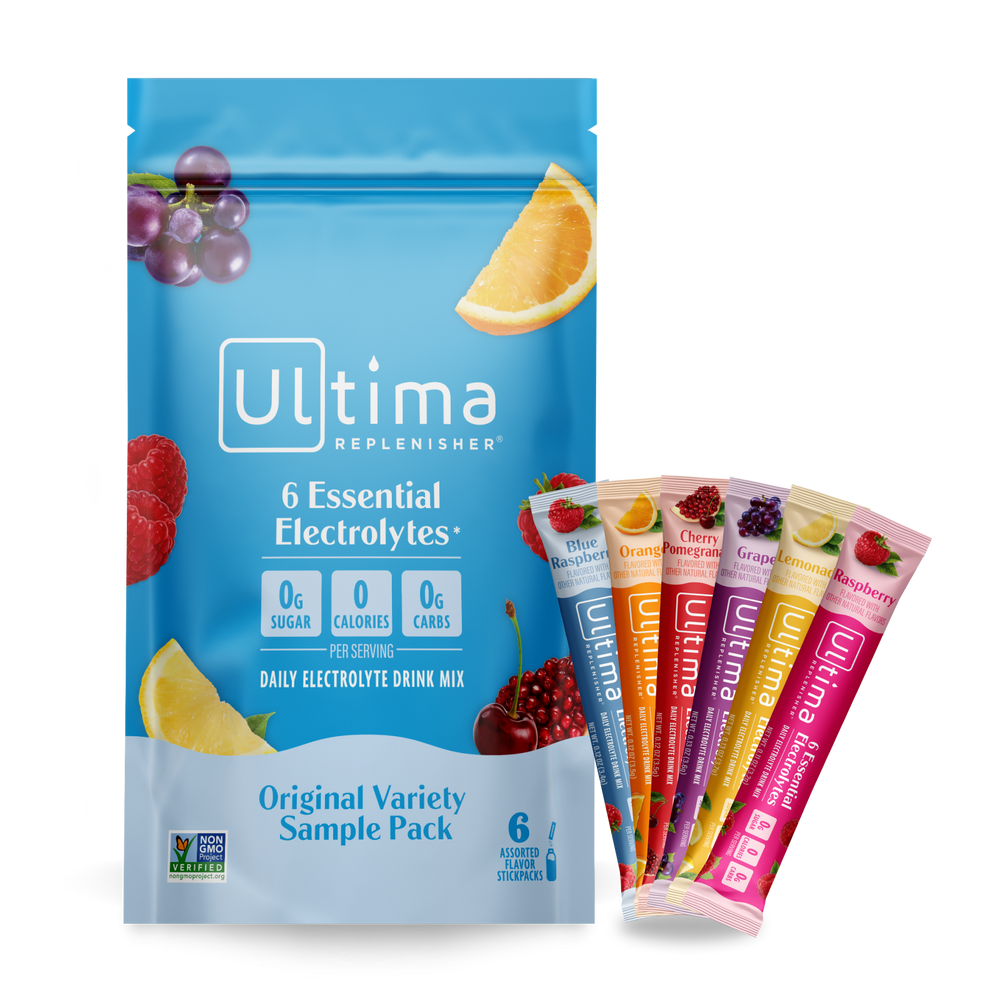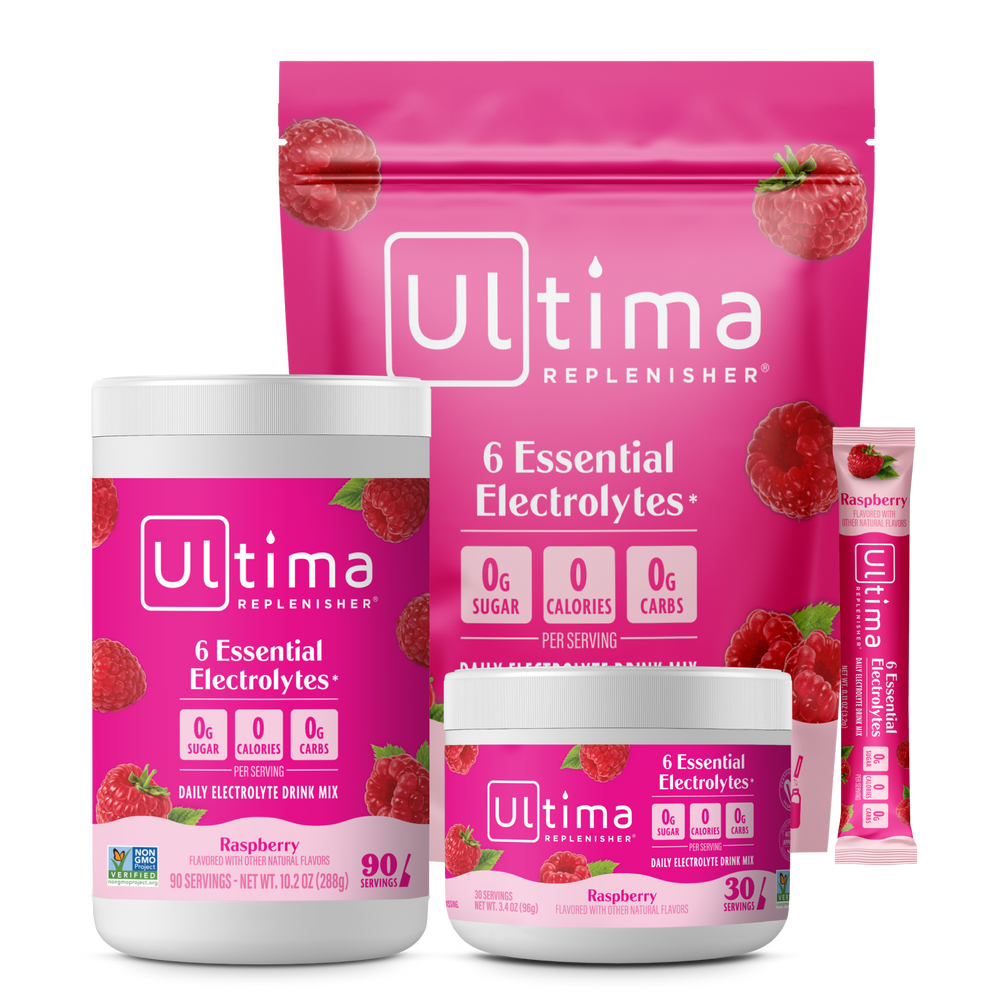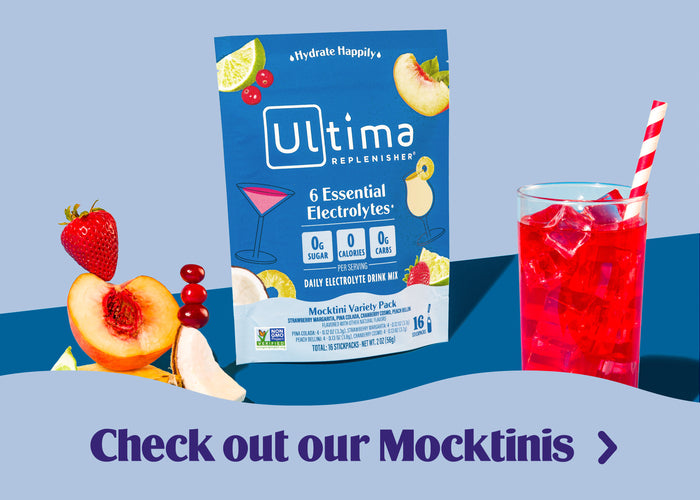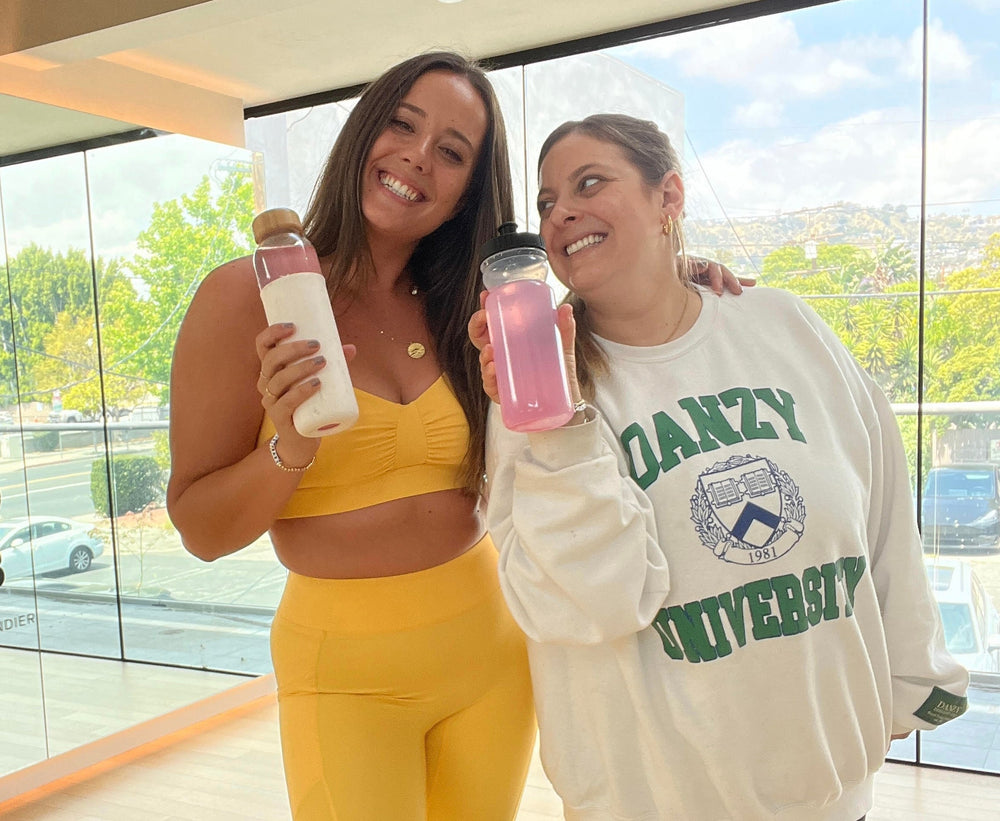
Does Hydration Improve HRV?
HRV and Hydration
If you are on a journey to learning more about your health, then you know that hydration plays a huge role in overall wellness—after all, our bodies can only last a few days without water, so you know hydration is essential. But as you dive deeper into other ways to monitor or transform your health and fitness, you may have come across the acronym HRV. But what does it stand for, and what can it tell you about your overall health? Well, as usual, the effects of dehydration can be unpleasant and even detrimental, but it can also affect many bodily functions, such as HRV.
HRV and Hydration
So, the million-dollar question remains, what is HRV? Do not be intimidated by the acronym. HRV simply stands for heart rate variability, which is a measured time between heartbeats calculated in milliseconds. As you breathe in and out and as other factors like stress or dehydration change how fast or slow your heart beats, these numbers fluctuate accordingly—and that’s important because HRV is actually used as a health marker and can tell you a lot about your overall health. You can find out your HRV on most smartwatches such as Apple Watch, Fitbit, and more. A higher HRV is indicative of optimal cardiovascular health, health, and ability to handle stress. In contrast, a lower HRV can mean increased levels of inflammation, stress, pain, and even depression.
Your body’s HRV is a balance of parasympathetic and sympathetic nervous systems, which make up 90% of your autonomic nervous system (involuntary bodily functions). Here is a quick breakdown of what each term means and how the two are balanced:
Parasympathetic: Rest, digest, hydration, recovery
Sympathetic: exercise, stress
The two create a balancing act that reacts from the other, so think of the two playing tug of war with one another. For example, one motivates you to go for a run or exercise, while the other urges you to rest, hydrate, and recover.
Dehydration and HRV
Just like most things in life, you may not be surprised to find out that the relationship between dehydration and HRV is also a two-way street. Studies have shown that dehydration can cause your HRV to drop, but it can also be caused by stress. Stress, as you know, is something that comes with being dehydrated because of the way our bodies react to it—we’re literally stressing out our bodies when we don’t hydrate.
Dehydration also makes you feel more fatigued than usual, which means your muscles will be sorer after a workout than they would normally be without dehydration present. Healthier hydration actually helps your muscles to recover faster (parasympathetic nervous system at work). In the next section, we will get into how to improve your heart rate variability through healthier hydration.
Improving HRV Through Healthier Hydration
Okay, so now that we have a better grasp on what HRV is and how it is used, let’s take a moment to share some tips on how to optimize HRV through better hydration. As we mentioned previously, proper hydration is important because it promotes bodily functions. Here are some tips for increasing your water intake:
- Drink water throughout the day. It's important to replenish lost fluids and prevent dehydration by staying hydrated all day long rather than just drinking when you feel thirsty or after a workout session.
- Drink sugar-free electrolytes with your water!
- Increase natural electrolyte-rich drinks like coconut water or bone broth. Electrolytes like these and sugar-free powder mixes add nutrients without the extra calories and can help replenish electrolytes lost during exercise sessions or throughout the day. They also help to regulate blood pressure levels—both of which are critical factors in optimizing heart rate variability readings
The Benefits of Tracking Your HRV
As we stated previously, knowing where your HRV stands can tell you a lot about your overall health. And the great part is you can simply find the number out by looking at your smartwatch. Keeping track of your HRV can help identify the type of lifestyle habits that may be negatively impacting your parasympathetic and sympathetic nervous systems. For instance, you will be able to tell almost immediately how dehydration, sugar, or alcoholic beverages may affect your HRV reading. Trainers and athletes use this information to make adjustments to their workout routines, diets, and hydration levels to ensure optimal health and performance.
High HRV isn’t just about performance, though. It can impact other aspects of your life such as mood, alertness, energy levels, and your ability to overcome stress. When you track your HRV while focusing on hydration, you are taking steps to improve your health and life in more ways than one.
Takeaway
It’s clear that hydration is a major factor in heart rate variability. If you want to optimize your HRV, the first thing you should do is drink more water. But there are other things you can do as well. When it comes to hydration, we know that drinking plenty of water isn’t enough; you also need to make sure your body has enough electrolytes. This is where we come in 🤗
Ultima Replenisher has so many options of delicious sugar-free electrolyte powder mixes, so you never get bored of hydrating! Always zero calories, always zero carbs, and always vegan! Shop Ultima Electrolytes today!
